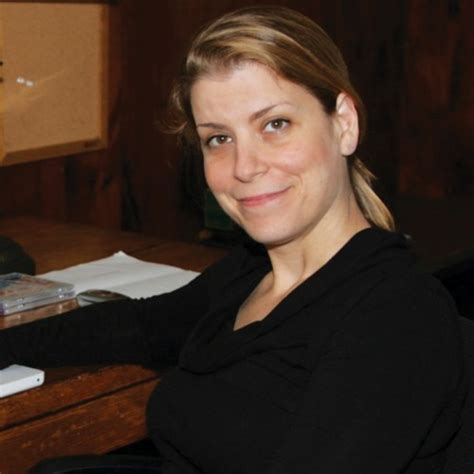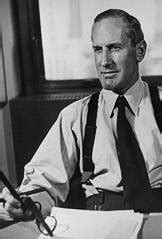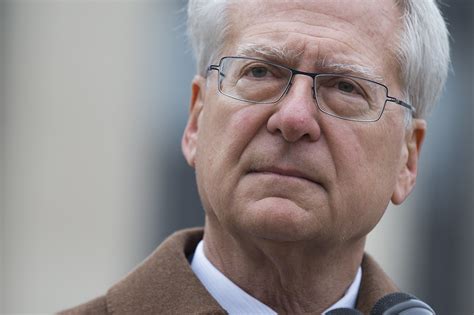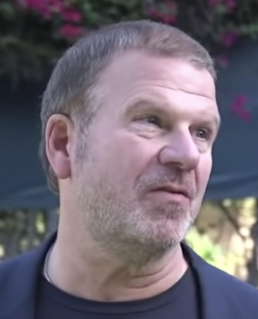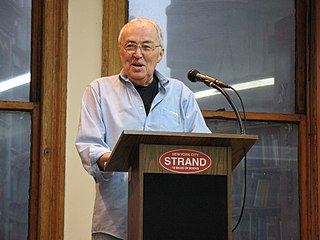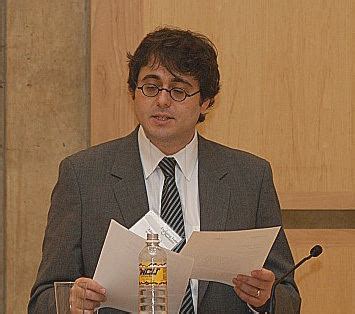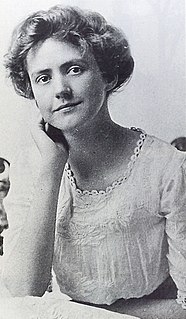A Quote by Katy Lederer
It is bizarre that some people can't understand how a serious poet could work at a finance firm. Goethe was a bureaucrat. Eliot worked as a banker.
Related Quotes
Goethe died in 1832. As you know, Goethe was very active in science. In fact, he did some very good scientific work in plant morphology and mineralogy. But he was quite bitter at the way in which many scientists refused to grant him a hearing because he was a poet and therefore, they felt, he couldn't be serious.
If a man could understand all the horror of the lives of ordinary people who are turning around in a circle of insignificant interests and insignificant aims, if he could understand what they are losing, he would understand that there can only be one thing that is serious for him - to escape from the general law, to be free. What can be serious for a man in prison who is condemned to death? Only one thing: How to save himself, how to escape: nothing else is serious.
Pound was silly, bumptious, extravagantly generous, annoying, exhibitionistic; Eliot was sensible, cautious, retiring, soothing, shy. Though Pound wrote some brilliant passages, on the whole he was a failure as a poet (sometimes even in his own estimation); Eliot went from success to success and is still quoted--and misquoted--by thousands of people who have never read him. Both men were expatriates by choice, but Eliot renounced his American citizenship and did his best to become assimilated with his fellow British subjects, while Pound always remained an American in exile.
The plea agreement negotiated by Janet Reno's Justice Department with Nora, Gene and Trisha Lum is a hoax. It allows two key players in the campaign finance scandal to plead to lesser offenses and effectively concludes a serious investigation that, if taken to a conclusion, could have seriously affected the Clinton Administration's claim that it committed no illegalities in the campaign finance scandal. Nora Lum was a close confidant of Ron Brown and remains close to John Huang. Trisha Lum, her daughter, worked for Brown at the Commerce Department and worked on trade missions.
As much as you need to know your operations, if you don't understand the finance side and how to do the business, you're never going to be successful. So you might be the best operator or visionary, but if you don't understand the finance side... I'm successful because I know the finance side, but I also know operations; it's not an accident.
The poet or the revolutionary is there to articulate the necessity, but until the people themselves apprehend it, nothing can happen ... Perhaps it can't be done without the poet, but it certainly can't be done without the people. The poet and the people get on generally very badly, and yet they need each other. The poet knows it sooner than the people do. The people usually know it after the poet is dead; but that's all right. The point is to get your work done, and your work is to change the world.
There is this tendency to think that if you could only find the magic way, then you could become a poet. "Tell me how to become a poet. Tell me what to do." . . . What makes you a poet is a gift for language, an ability to see into the heart of things, and an ability to deal with important unconscious material. When all these things come together, you're a poet. But there isn't one little gimmick that makes you a poet. There isn't any formula for it.
